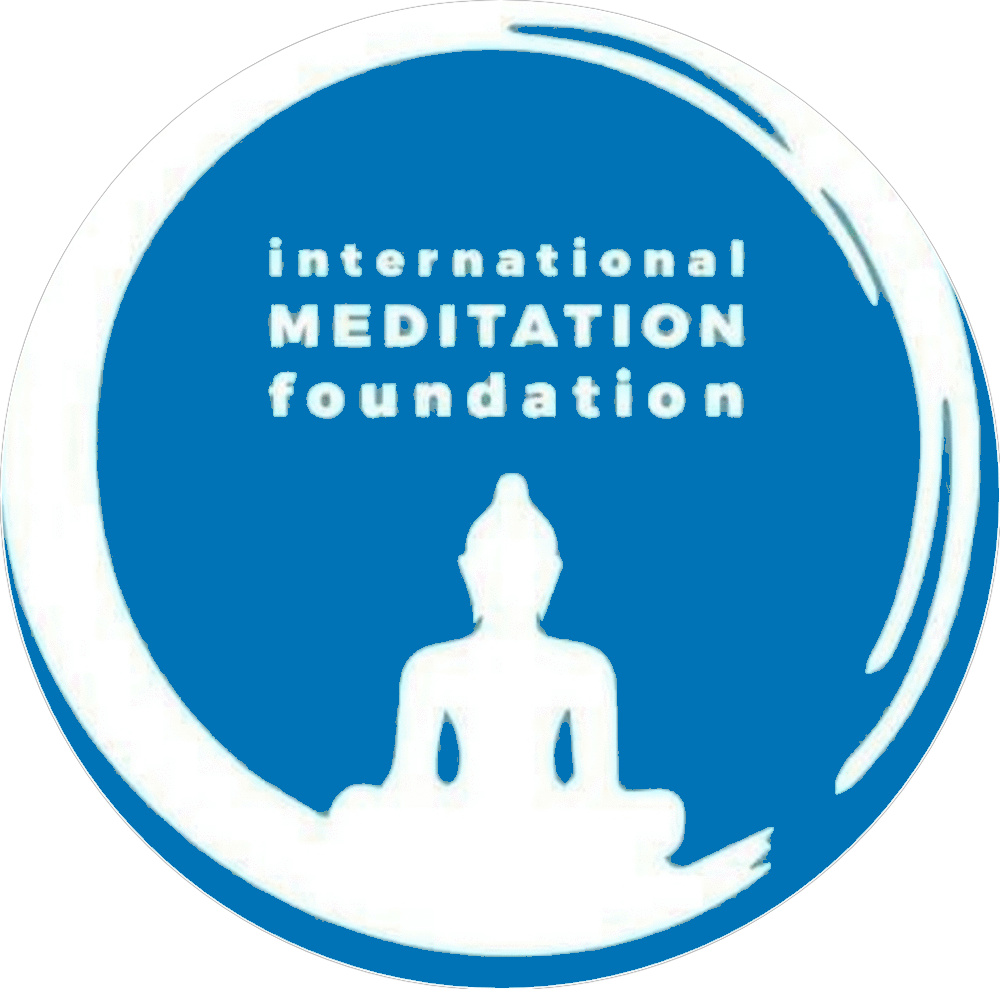Meditation is a powerful tool that unlocks the immense potential within each person. By quieting the mind and developing focused concentration, we gain mastery over our thoughts. Becoming aware of our thought patterns allows us to project our thoughts to others. However, it is crucial to always send out vibrant, positive, loving, and healing energy.
To truly comprehend the importance of this, we must delve into the subjects of Karma and reincarnation. In physics, there is a law that states, “For every action, there is an equal and opposite reaction.” This principle is often expressed as “What goes around, comes around.” It aligns with the teachings of Jesus, who said, “Do unto others as you would have them do unto you.” These are all expressions of the law of Karma, the law of cause and effect.
Think of Karma as a boomerang. Whatever thoughts or deeds we put out into the world will eventually come back to us. The results may not manifest in the same form, but sooner or later, we will face the consequences of our own actions. A joyful and giving person naturally attracts warmth and love. Conversely, a person who harbors hate will be met with dislike until they let go of this negative quality. This is the law of Karma.
Karmic reactions may not always be experienced immediately. Sometimes, lessons are not easily learned, and negative patterns may persist for many years. A single lifetime is not enough for anyone to attain perfection, which is why we reincarnate again and again. This is also the reason for the apparent inequality among people. Some are born into poverty, while others are born into wealth. Some enjoy good health, while others face physical challenges. Some radiate cheerfulness, while others battle with depression. It is not a cruel fate or an indifferent God that determines these circumstances, but rather, it is our own Karma.
It is important not to be deceived by those who claim to offer instant solutions through magic mantras or quick realizations. These so-called gurus will only bring disappointment because, in the end, we must face the consequences of our own actions. Each person’s life is their own responsibility. Blaming difficulties on external circumstances or our upbringing is avoiding the truth. Only when we recognize that we are entangled in our own web and begin to spiritualize our lives can we break free from the cycle of birth and death, finding peace and union within ourselves.
Reincarnation is not solely an Eastern belief. It is a universal concept that can be found in almost every major religion and mystical philosophy. Research suggests that it was accepted, at least in some circles, during the time of Christ. It remains an integral part of certain sects within the Jewish tradition. The Bible does not condemn the idea of reincarnation; in fact, when asked about the return of Elijah, Jesus referred to John the Baptist as the reincarnation of Elijah. Early Christian theologian Origen wrote extensively about the pre-existence of the soul, and his teachings were embraced by the Church until the fourth century A.D. Pope Pius XII even recognized Origen as a Doctor of the Universal Church, indicating a level of tolerance if not full acceptance of his beliefs.
Reincarnation is not merely an abstract concept. Many of us have experienced glimpses of past lives at some point. We may encounter someone for the first time but feel an inexplicable sense of familiarity. This is because we have known that person in previous lives. Occasionally, we may come across a place or scene that triggers deep memories. It will feel as if we have been there before, and indeed, we have. Sometimes, we awaken from a dream that feels strangely familiar, even though it has no connection to our present life. These dreams are fragments of earlier lifetimes resurfacing to help us work through our current Karma.
Understanding Karma and reincarnation allows us to see the interconnectedness of all beings and the responsibility we have for our own actions. It reminds us that we are not victims of circumstance but active participants in shaping our own destiny. By embracing these concepts, we can strive for personal growth, compassion, and spiritual evolution.
